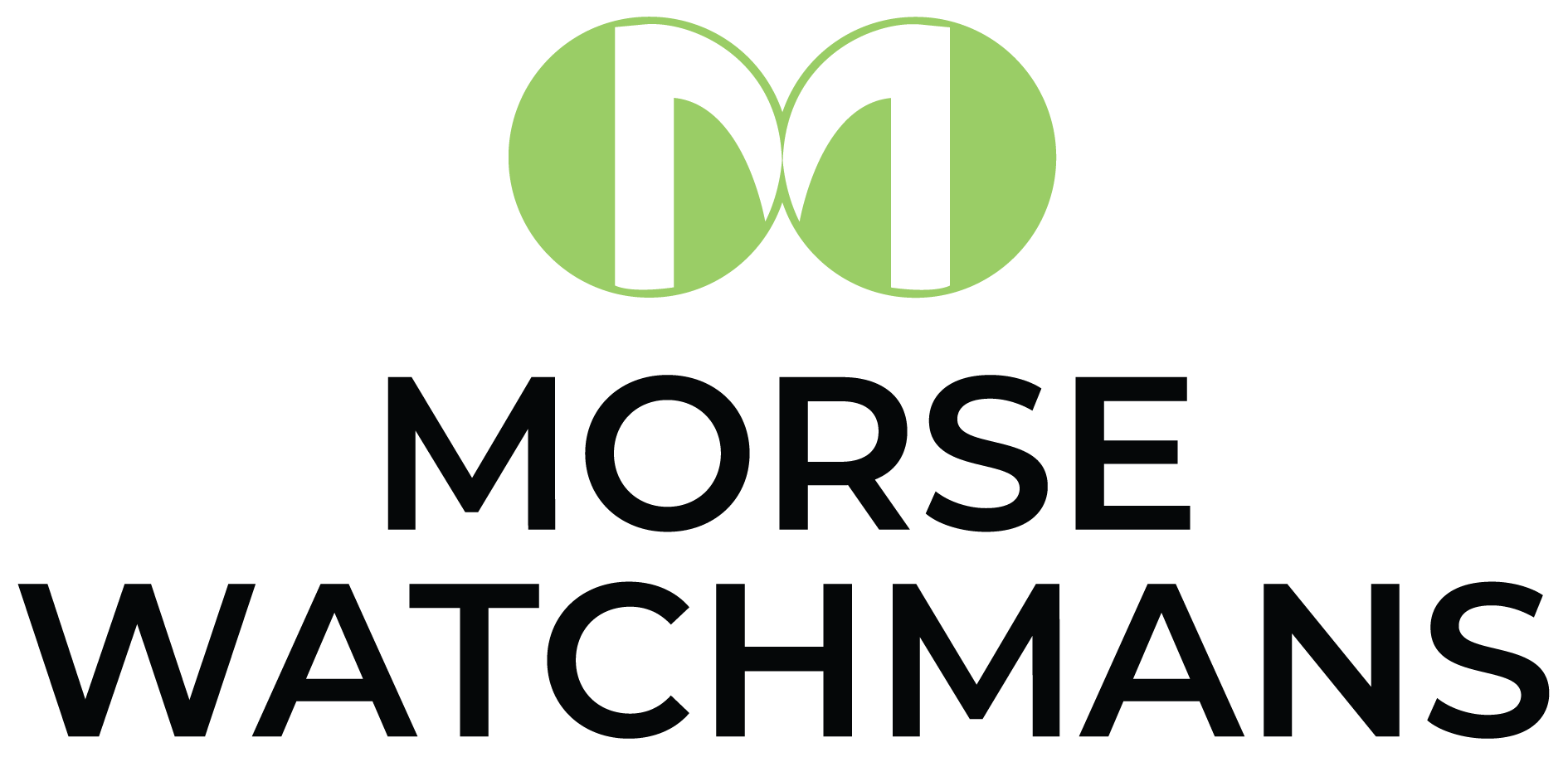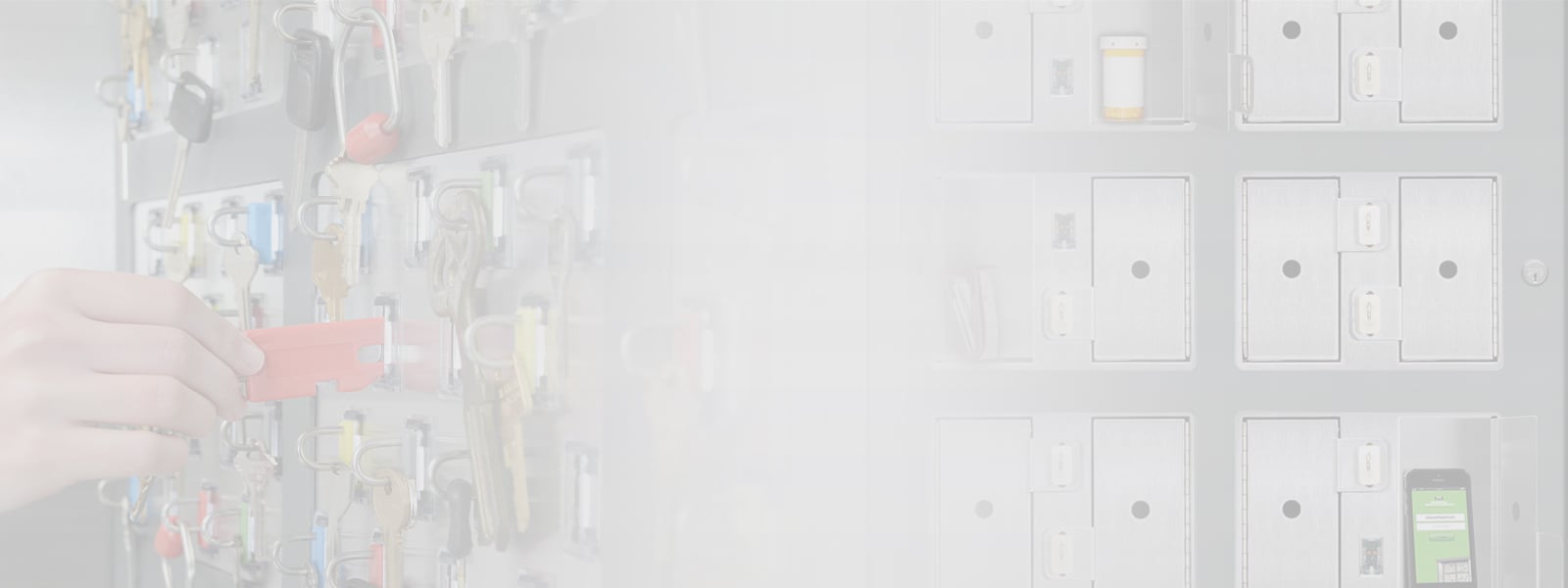
Once your organization has made the significant investment necessary to support a fleet of vehicles, it is a smart business decision to optimize the usage of each individual vehicle as well as the fleet as a whole. In that way you will get the most out of your investment dollars while enabling the fleet to contribute to business objectives rather than being a drain on the organization.
When you are considering best practices for fleet utilization, you will want to do everything possible to eliminate under-utilization. When a vehicle is sitting unused, it represents a sunk cost which is losing value without contributing anything to the business. Here are a few tips to help you keep all of your fleet units rolling and ensure you maintain optimal use of your fleet.
New Personnel
When a new driver is brought onboard, organizations typically purchase a new vehicle for their use. However, there will be a time gap until it is added to the fleet, either because it was a factory order or for a number of other possible reasons. During that time, it makes sense to provide the driver with a surplus unit that you already have on hand. Your fleet management software should be configured to automatically offer this option and to list the specific vehicle(s) that the driver has access to.
Replacement for vehicles under repair
Surplus units should be provided to drivers whose primary vehicles are offline for scheduled service or repair. This saves the cost of rentals, which can mount quickly the longer a vehicle is offline, and keeps your fleet rolling. It can also be a business incentive for proper routine maintenance of the entire fleet – a significant benefit to driver and passenger safety. The best fleet management systems are provisioned to enable you to take a vehicle offline and will prompt when it is time for scheduled service, while displaying information on available vehicles.
Temporary needs
Many organizations have visitors, contractors, temporary employees and others who have short-term needs for a vehicle. Idle units can be brought into service for this purpose and provide an added benefit to the user. For example, a vehicle can be offered as part of a consultant’s contract in lieu of a bonus or other financial consideration.
All of the use cases listed above rely on the existence of surplus units in the fleet. Your organization should do its own analysis to determine whether it’s ultimately more financially sensible to keep extra vehicles in the fleet specifically to address these needs. The best fleet management systems provide the reporting and analysis tools necessary to make this evaluation.
Fleet management is a complex job. You have to control costs, balance need with availability and keep your vehicles running safely while keeping all your drivers rolling. Done right, it can be a smooth and seamless operation that contributes to the overall organizational objectives.
And, of course, all of this can be rendered moot if a driver takes the key for a vehicle they are not authorized to use. Controlling the keys to your fleet is a vital step to controlling the fleet itself.




